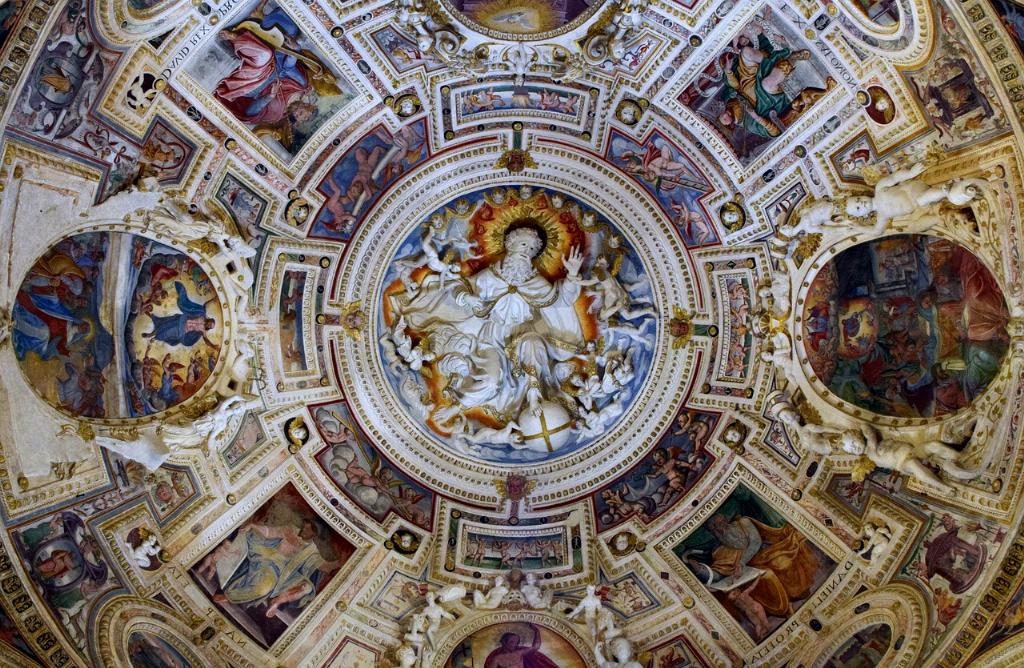In understanding the Catholic Church’s perspective on government, it is important to delve into the rich teachings of the Church and its stance on this significant issue. Catholic Social Teaching provides valuable insights on the role of government, the relationship between church and state, and the responsibility of the faithful to shape society based on Gospel values.
The Role of Government in Catholic Social Teaching
Catholic Social Teaching encompasses a set of principles that highlight the importance of promoting the common good and respecting human dignity. One crucial aspect is the role of government in creating a just and ordered society. The Catholic Church emphasizes the responsibility of governments to foster social justice and uphold the inherent dignity of every individual.
Church Teaching on the Separation of Church and State
The concept of separation of church and state has been a topic of significant discussion throughout history. The Catholic Church recognizes the value of keeping the church and political authorities distinct, allowing each to fulfill its respective role. This doctrine protects the autonomy of the Church while acknowledging the importance of cooperation between the two entities in pursuing the common good.
Catholic Church and the Political Community
The Catholic Church encourages its members to actively participate in the political process, recognizing that it is through engagement and dialogue that positive change can be brought about. By engaging in politics, Catholics have the opportunity to shape society according to Gospel values and contribute to the betterment of their communities.
The Church’s Role in Shaping Government Policies
The Catholic Church plays a vital role in shaping government policies by advocating for moral values and contributing to public discourse. It seeks to influence policy decisions in various areas, such as human rights, poverty alleviation, and the protection of the environment. Guided by its long-standing principles, the Church strives to address the pressing issues of our time and promote a more just and compassionate society.
The Catholic Church and Forms of Government
From a Catholic perspective, there is no one-size-fits-all approach to forms of government. The Church recognizes that different systems can work towards the common good if they uphold principles of good governance. However, democratic systems that ensure the participation and representation of citizens are particularly valued as they align with the dignity and freedom of every human person.
Contemporary Challenges and Catholic Church’s Response
In today’s world, the Catholic Church faces various challenges when it comes to government and societal issues. Controversial topics such as abortion, same-sex marriage, and euthanasia require a thoughtful and nuanced approach. The Church upholds its teachings while promoting dialogue, understanding, and pastoral care, recognizing the complexity of these matters and the need for compassionate engagement.

Conclusion
The Catholic Church’s teachings on government provide valuable insights into the role of government, the separation of church and state, and the responsibility of Catholics in shaping society. By promoting justice, participating in the political process, and advocating for moral values, Catholics can help create a more equitable and compassionate world. It is incumbent upon each individual to study and apply the teachings of the Catholic Church to their civic engagement, reflecting on how they can contribute to a just and flourishing society.
